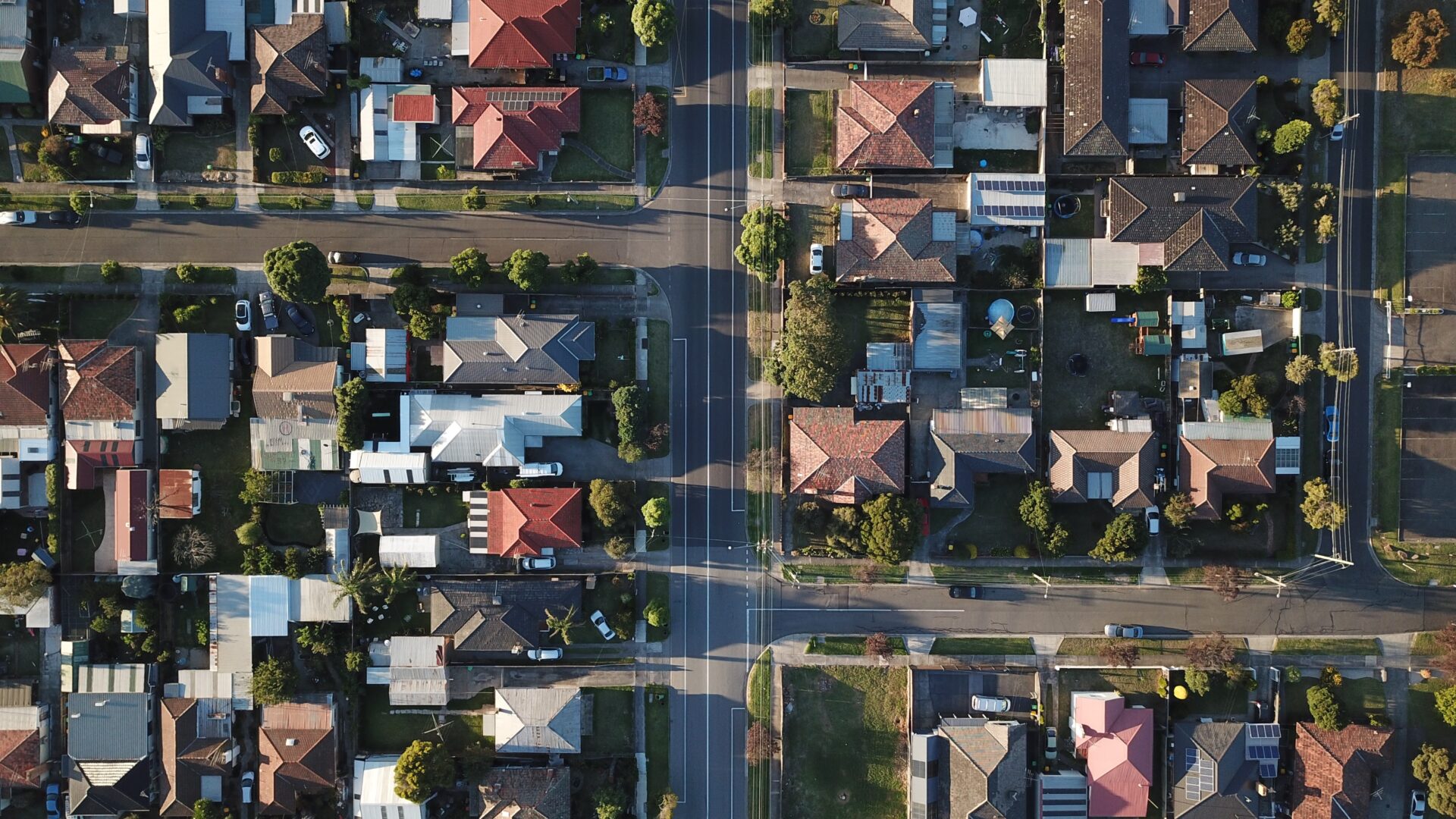What is Foreclosure?

What is Foreclosure you ask? Well perhaps getting behind in payments is the biggest fear of any property owner, as this could lead to the lender acquiring the unpaid property. Not paying the mortgage per the terms is basically a breach of contract.
It gives the lender – usually a bank or any financial institution – the lawful right to take possession of the property involved. This process of repossessing the unpaid property is called foreclosure.
Why Foreclosures Happen
There are various reasons why foreclosure happens. Primarily, however, it’s due to mortgage default, when the borrower fails to pay their dues past the grace period.
2019 saw the highest case of foreclosure in Australia in two decades. With many Australians purchasing homes without being able to fully understand its inventive mortgage products, this case continues to rise.
Failure to pay the mortgage results in foreclosure. Here are the common underlying causes of mortgage defaults:
- Job loss
- Divorce
- Health problems
- The increasing cost of living
- Predatory lending/abusive loan term
- Death
- Taxes
Can Foreclosure Be Slowed Down?
Repossession of a property can take several months and involve various processes. If you find yourself before a foreclosure and would want to buy some time to reverse the situation hopefully, here’s what you can do:
- Get yourself informed.
Read the late payment notices; chances are, you will see information regarding foreclosure prevention options. Study how the foreclosure is handled in your region and the processes involved.
- Call your lender.
Get in touch with your lender and let him/her know about the financial hardship you are going through. By being honest about your inability to make payments now, your lender may be able to consider your situation and endorse you to a team handling financial hardship.
- Get financial counsel.
At this point, you might already be juggling bills and other payment notices and bank statements. Managing your finances is the best action in this scenario. You may opt for free financial counselling so you can get valuable financial advice. You may also pursue free legal advice in case you are already at the doors of foreclosure.
- Try to refinance a home loan or consolidate debt.
Get professional help on refinancing your home loan and seeking out debt consolidation to ease your situation. Your lender may agree to give you a repayment plan that will work with your current financial standing. Perhaps the lender may even agree to modify the terms of your existing loan (including the interests) to make payment more manageable for you through a hardship variation.
Minimise Your Risk of Foreclosure
Whilst there is no foolproof guarantee to it, carefully choosing your lender could help avoid the risk of having to face foreclosure years down the road. There are many mortgage lenders to choose from who can help you finance a home purchase.
Take some time to talk to them about your present financial standing. Surely, you’d be able to work out a good agreement that will work for your present as well your projected future situation. Take the first step by comparing different mortgage lenders today!




